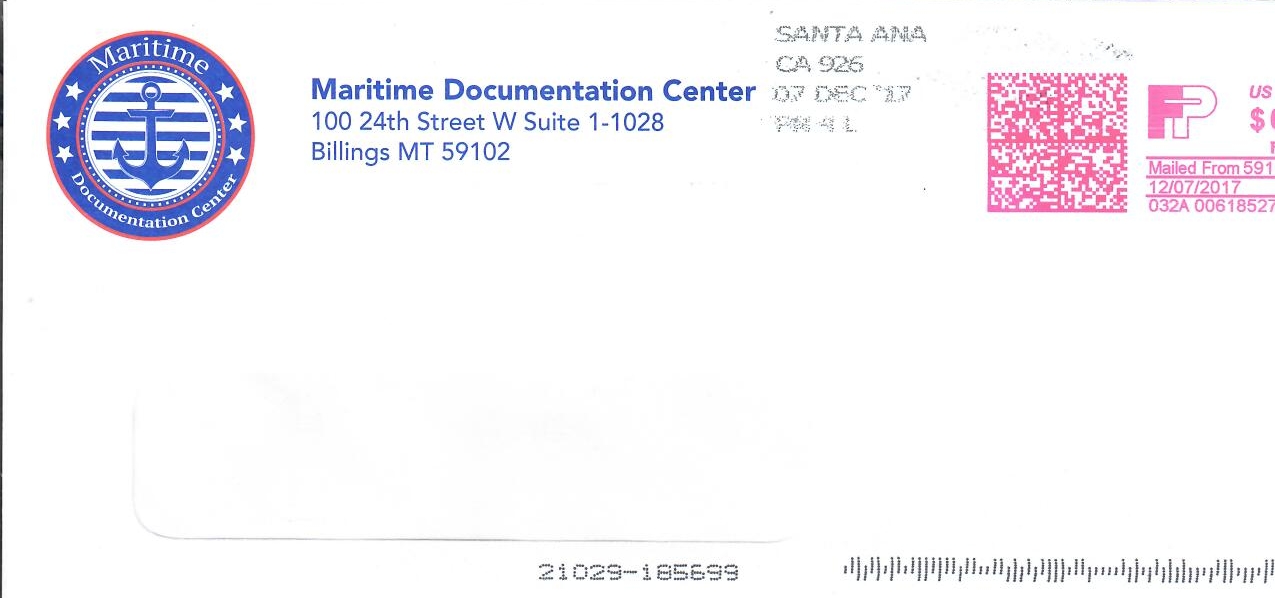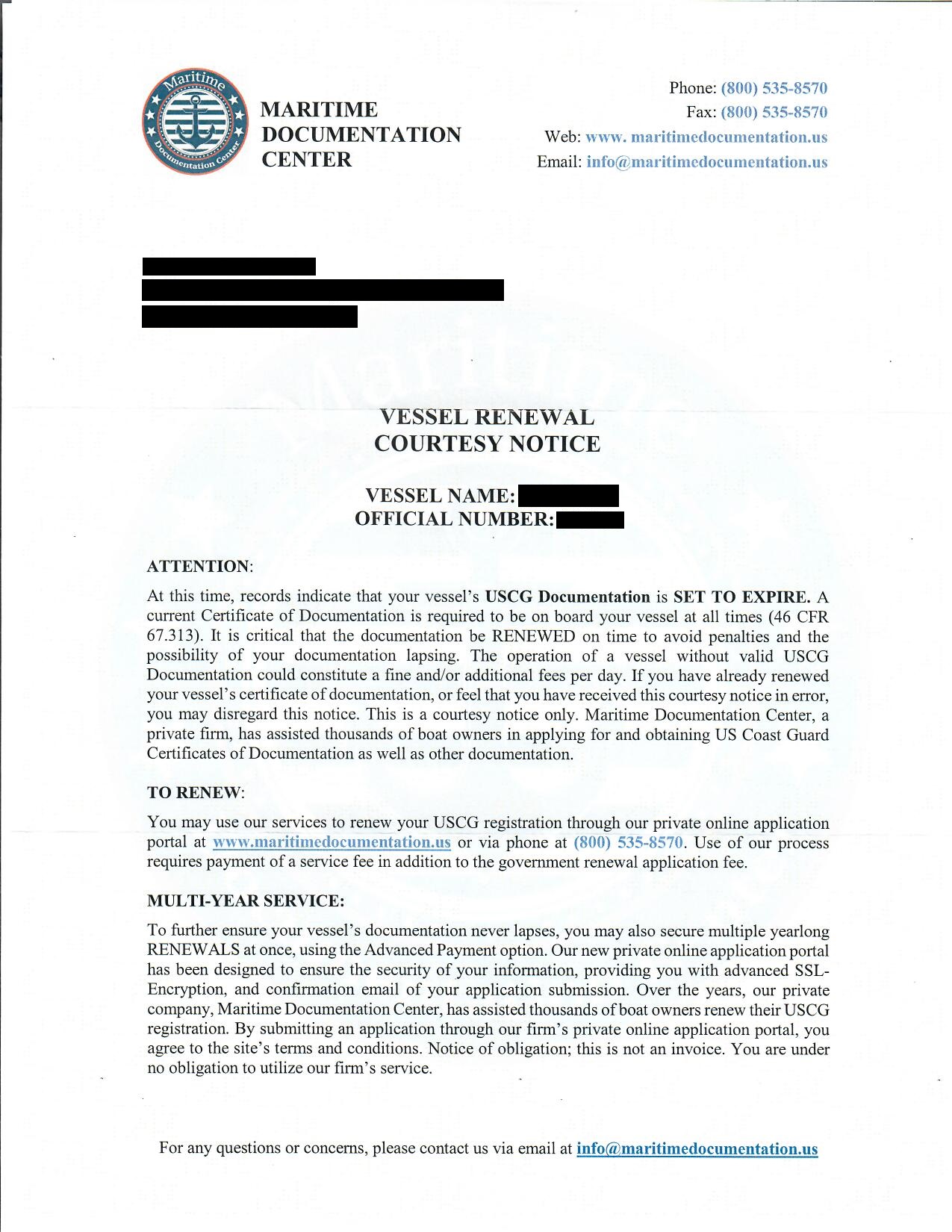People always say "It's a small world" but I used to just discount this statement as something everyone says without thinking about how large and vast the world is. We frequently meet people who have lived in the same place for generations, so this "small world" concept just doesn't seem to fit in. This bubble of an idea burst on Wednesday night when we were visiting friends from Baltimore.
We used to live in Baltimore in a marina for 5 years. During that time, we saw people come and go. One such couple was Collin and Ginnie. They moved in on a 30 foot sailboat with plans of doing the Northwest Passage. They worked to prepare their boat and then left the marina, for what I figured would be a cold cruise about a year before we left to go cruising.
After they left, another couple moved in, Ben and Kate, who quickly became some of our best friends (we were actually up from Cape Fear to visit them)! Ben and Kate lived in the marina until we left, and then moved to Annapolis.
Now, this is where the world gets small. In August, I texted Collin to see how his trip was going and he told me that they changed their plans and were heading down to the BVI and they would do their icy trip later. Then we come to Annapolis to visit with Ben and Kate, and there is Collin and Ginnie in the marina lounge!
They were just passing through and stopped in Annapolis to purchase and install a diesel heater in their boat, and they were having trouble lighting it. When he searched on YouTube "how to start a diesel heater" or video on lighting a Dickinson Diesel Heater came up first on his list. When we were neighbors, he used to come over and experience the sweltering heat it produced, so he figured he could trust our video on the matter. He was covered in diesel soot and about to give up, when he saw us walk in! So Collin and I went to his boat for a one-on-one tutorial on how to start a diesel heater.
While I was away, Maddie was talking with Kate and found out that Kate was in Maddie's cousins highschool class in North Carolina! We have known each other for a few years, but Maddie was already married to me at that point, so they never knew her maiden name.
This night was filled with wow's as we met up with old friends, friends that were far away, friends that had just watched one of our videos, and friends that grew up with our family members; all in one night of mind blowing small-world-ness connections!





